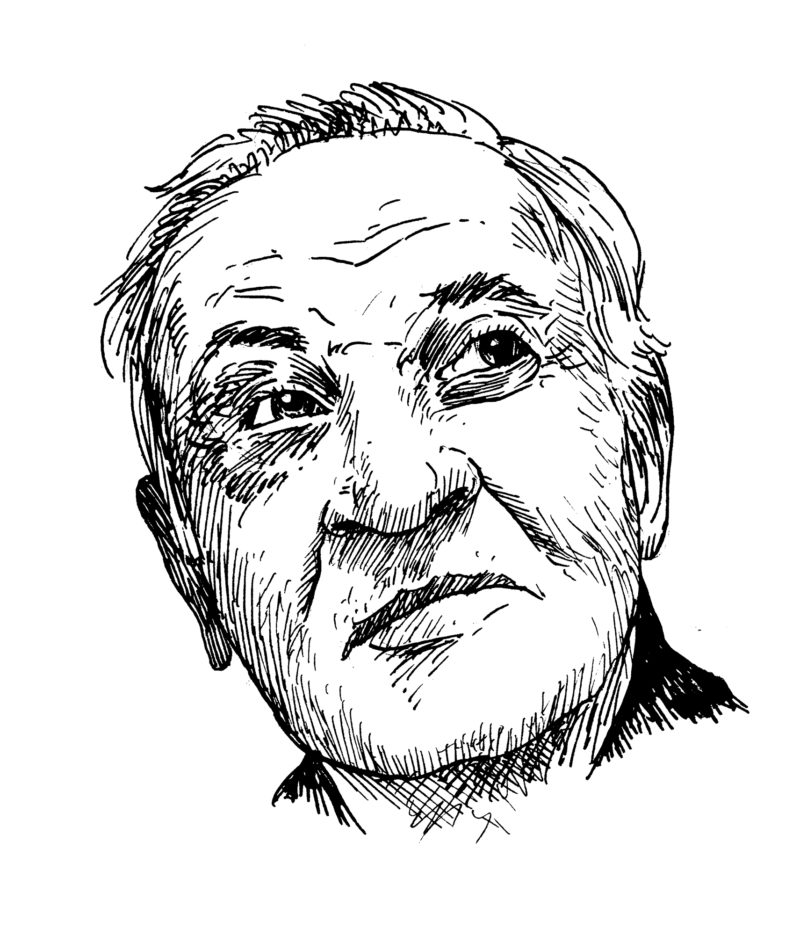I spent my formative years in suburban Jersey as an aimless, misguided youth. My uncle (the composer Angelo Badalamenti) and his family lived less than a mile from me, the by-product of a classic Italian American migration from New York City’s outer boroughs. I was still in my first year of high school when David Lynch’s Blue Velvet was released. I graduated the same year that Twin Peaks aired on television—these were the first two projects that my uncle collaborated on with David. My uncle created the eerie, synth-infused, otherworldly sounds that often accompany David’s bizarre, poetic lyrics. Their relationship evolved into one that many artists dream about—a highly productive, lucrative creative partnership. It was symbiotic. And even though I was still a kid when all of this went down, I was certainly witness to the transition my uncle made from being a struggling artist to having financial security. We had always been a close-knit clan. And when you have someone in your family who’s suddenly creatively successful, your landscape is altered. You start to see the world through a wider lens, and realize there are possibilities beyond the mundane, uninspiring, check-to-check types of careers—especially if you have creative aspirations yourself.
In the summer of 1996, after graduating from college, I went on the classic coming-of-age backpacking trip around Europe. About halfway through, I got word from home that my uncle was in Prague. He was in the process of recording music with David Lynch for the soundtrack to the film Lost Highway. So I abandoned my traveling partners, and I absconded on a night train.
You have reached your article limit
Sign up for a digital subscription and continue reading all new issues, plus our entire archives, for just $1.50/month.
Already a subscriber? Sign in





